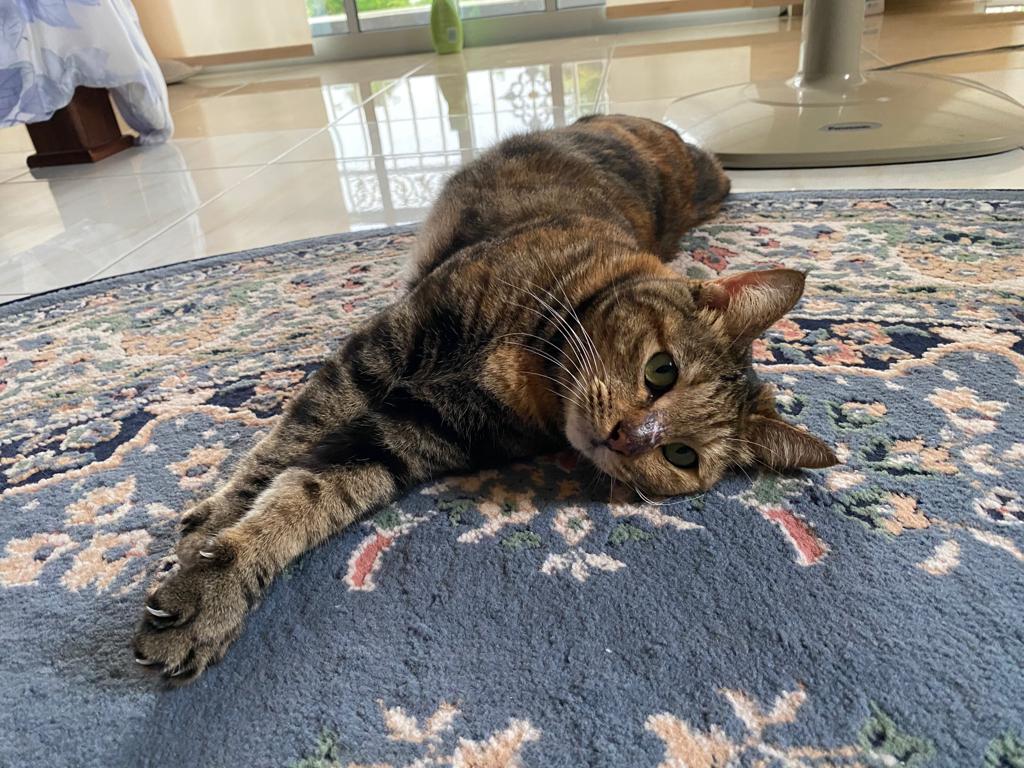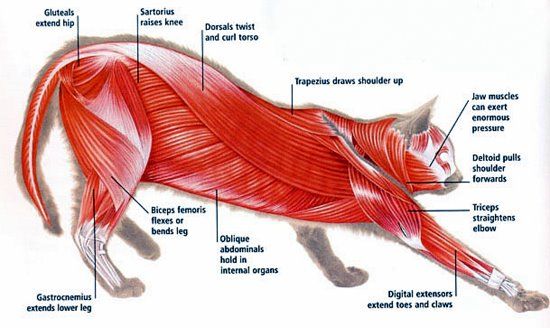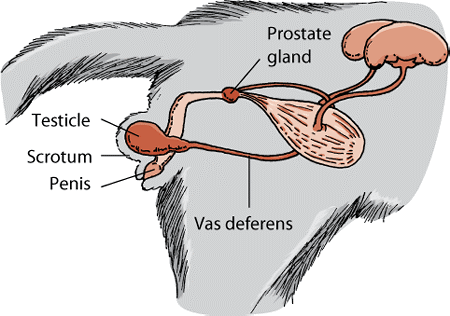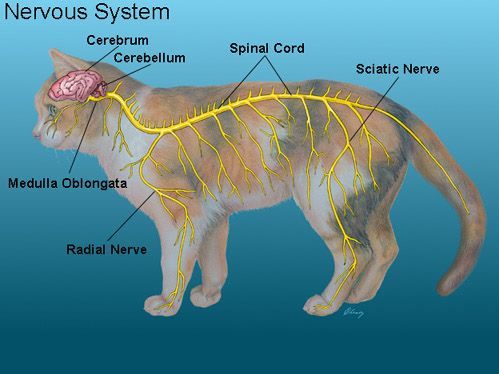Common Ailments in Feline Health
Felines, like any other living beings, are susceptible to a range of common ailments that can affect their overall health and well-being. One of the most prevalent issues faced by cats is respiratory problems. From mild coughing and sneezing to more severe conditions such as asthma, respiratory disorders can greatly impact a feline’s quality of life. It is imperative for cat owners to be vigilant in monitoring their pets for signs of respiratory distress, such as wheezing or difficulty breathing, and seek prompt veterinary care. Additionally, proper hygiene practices, such as regularly cleaning litter boxes and providing a clean and well-ventilated environment, can help minimize the risk of respiratory issues in cats.
Another common ailment seen in feline health is digestive disorders. Cats, being infamous picky eaters, can be prone to digestive problems such as vomiting and diarrhea. These issues can be caused by various factors, including dietary indiscretion, food allergies, or underlying medical conditions. Proper nutrition, feeding a balanced and appropriate diet, and providing clean water are crucial in maintaining a healthy digestive system in cats. In some cases, a veterinarian may recommend a specialized diet or diagnostic tests to identify and manage the underlying cause of the digestive disorder. It is crucial for cat owners to pay attention to any changes in their feline’s eating habits or digestive function and consult with a veterinarian to ensure proper care and treatment.
Understanding Cat Respiratory Issues
Cats, like humans, are susceptible to respiratory issues that can greatly affect their health and quality of life. Respiratory disorders in cats are commonly caused by viral or bacterial infections, allergies, or inhaling irritants such as smoke or chemicals. One of the most common respiratory conditions in felines is feline upper respiratory infection (URI), which is highly contagious and spreads easily among cats. URI usually presents with symptoms such as sneezing, coughing, nasal congestion, and discharge from the eyes or nose. It is important to seek veterinary care promptly if your cat exhibits any of these signs, as respiratory issues can quickly worsen and lead to complications if left untreated.
In addition to URI, other respiratory disorders that can affect cats include feline asthma, pneumonia, and chronic bronchitis. Feline asthma is a chronic condition characterized by recurrent episodes of coughing, wheezing, and difficulty breathing. It is similar to human asthma and can be triggered by allergens, stress, or exercise. Pneumonia, on the other hand, is an infection or inflammation of the lungs that can be caused by bacteria, viruses, or fungi. It is a serious condition that requires immediate veterinary intervention. Lastly, chronic bronchitis is a long-term inflammation of the airways, which can result in persistent coughing and breathing difficulties.
Respiratory issues in cats should never be ignored as they can significantly impact the overall well-being of your feline companion. If you notice any respiratory signs or suspect that your cat may be experiencing breathing difficulties, it is crucial to consult with a veterinarian. They will be able to accurately diagnose the underlying cause of the respiratory problem and recommend appropriate treatment options. Early detection and intervention can greatly improve the prognosis and help alleviate the discomfort that your cat may be experiencing.
Recognizing and Managing Digestive Disorders in Cats
Cats can sometimes experience digestive disorders that can cause discomfort and health issues. These disorders can stem from various factors, including dietary changes, gastrointestinal infections, food allergies, and even stress. It is essential for cat owners to be aware of the signs and symptoms of digestive disorders in their feline companions.
One of the key indicators of a digestive disorder in cats is the presence of diarrhea or constipation. Diarrhea is characterized by frequent loose or watery stool, while constipation refers to infrequent bowel movements or difficulty passing stool. Other common signs may include vomiting, lack of appetite, weight loss, bloating, and excessive gas. If you notice any of these symptoms in your cat, it is important to seek veterinary care promptly. Timely diagnosis and proper management can help alleviate the discomfort and prevent further complications.
Managing digestive disorders in cats typically involves dietary modifications and, in some cases, the use of medication. Your veterinarian may recommend a specialized diet that is easily digestible and gentle on the gastrointestinal system. This can help reduce inflammation and provide the necessary nutrients to support your cat’s overall health. Additionally, medications such as anti-diarrheal or anti-inflammatory drugs may be prescribed to manage the symptoms and address the underlying cause of the digestive disorder.
It is crucial to follow your veterinarian’s recommendations and closely monitor your cat’s response to the treatment plan. Keep a record of your cat’s eating habits, bowel movements, and any changes in behavior. This information can assist the veterinarian in making adjustments to the treatment plan if needed. With proper care and attention, most digestive disorders in cats can be managed effectively, allowing your feline friend to enjoy a healthy and comfortable life.
The Impact of Parasites on Cat Health
Parasites can have a significant impact on the health and well-being of our feline companions. These tiny organisms come in many forms, including fleas, ticks, and intestinal worms, and can cause a range of problems for cats. One common effect of parasites is skin irritation, leading to excessive itching, scratching, and even hair loss. Not only can this be uncomfortable for our cats, but it can also result in secondary skin infections if left untreated.
In addition to skin problems, parasites can also affect a cat’s overall health by draining their energy and reducing their appetite. Infestations of internal parasites, such as roundworms and hookworms, can lead to weight loss, diarrhea, and even anemia. Furthermore, certain parasites, like heartworms, can be particularly dangerous, as they can cause severe damage to a cat’s heart and lungs. Given the potential risks, regular preventive measures and timely treatment for parasites are crucial to maintaining the health and happiness of our feline companions.
Exploring Urinary Tract Problems in Felines
Urinary tract problems can be a common issue faced by felines, particularly male cats. One such condition is feline lower urinary tract disease (FLUTD), which encompasses various disorders affecting the urinary system, including the bladder and urethra. Cats suffering from FLUTD may exhibit symptoms such as frequent urination, urinating outside the litter box, straining while urinating, blood in the urine, and vocalization while urinating.
One of the leading causes of urinary tract problems in cats is the formation of urinary crystals or stones. These crystals can obstruct the urinary tract, making it difficult for the cat to pass urine. Factors such as improper diet, dehydration, and certain medical conditions can contribute to the formation of these crystals. Therefore, it is crucial for cat owners to provide their feline companions with a balanced diet that promotes urinary health and encourages proper hydration.
Addressing Skin Conditions and Allergies in Cats
Skin conditions and allergies are common issues that affect cats of all ages and breeds. These conditions can cause discomfort and distress to our feline companions, and addressing them promptly is essential for their overall wellbeing. One of the most prevalent skin problems in cats is dermatitis, which refers to inflammation of the skin. This can be caused by various factors such as allergies to certain food ingredients, environmental allergens like pollen or dust mites, or even exposure to certain chemicals. Cats with dermatitis may experience symptoms such as excessive itching, redness, hair loss, and the development of sores or scabs on their skin.
Another common skin condition in cats is acne. Yes, just like humans, our feline friends can suffer from this frustrating condition too. Cat acne is characterized by the formation of blackheads or whiteheads, usually on the chin or around the mouth area. Although it may sound trivial, cat acne can be quite uncomfortable for our cats, and if left untreated, it can lead to secondary infections. Factors such as poor grooming habits, stress, or an overactive sebaceous gland can contribute to the development of cat acne. It is important to address these skin conditions promptly to alleviate discomfort and prevent further complications.
Dental Health and Oral Care for Cats
Dental health plays a crucial role in the overall well-being of cats. Just like humans, cats can experience various dental issues that can impact their overall health and quality of life. It is essential for cat owners to understand the importance of oral care and take proactive steps to maintain their feline friend’s dental hygiene.
One common dental problem in cats is tartar buildup. Over time, plaque can harden into tartar, leading to gum inflammation and potential tooth loss. Regularly brushing your cat’s teeth using a specially designed toothbrush and toothpaste is an effective way to prevent tartar buildup. Additionally, providing dental treats and toys can help promote healthy chewing habits and reduce plaque formation. It is important to note that dental hygiene for cats should always be approached with caution, ensuring that the cat is comfortable and stress-free during the process.
The Importance of Vaccinations and Preventive Care
Cats, like any other pets, require regular vaccinations and preventive care to ensure their overall health and well-being. Vaccinations are essential to protect cats from various diseases and infections. These vaccines help to stimulate the cat’s immune system, preparing it to fight off potential threats. By providing the necessary immunizations, cat owners can greatly reduce the risk of their feline companion falling ill and experiencing complications.
Preventive care goes beyond just vaccinations. It involves regular wellness check-ups with a veterinarian, proper nutrition, exercise, and maintaining a clean and safe environment. These measures play a crucial role in preventing diseases and promoting longevity. Regular veterinary visits allow for early detection and intervention of any health issues that may arise. It is during these check-ups that the veterinarian can assess the cat’s overall health, administer any necessary booster shots, and discuss any concerns or questions the cat owner may have. By taking proactive steps to provide the best care for their feline friend, cat owners are ensuring a healthier and happier life for their beloved pet.
Why are vaccinations important for cats?
Vaccinations are important for cats because they help prevent various infectious diseases that can be potentially life-threatening or cause long-term health issues.
What are some common ailments in feline health?
Some common ailments in feline health include respiratory issues, digestive disorders, parasite infestations, urinary tract problems, skin conditions, allergies, and dental issues.
How can cat respiratory issues be understood?
Cat respiratory issues can be understood by recognizing symptoms such as coughing, sneezing, nasal discharge, or difficulty breathing. A veterinarian can diagnose the specific cause and provide appropriate treatment.
How can digestive disorders in cats be recognized and managed?
Digestive disorders in cats can be recognized by symptoms such as vomiting, diarrhea, constipation, or loss of appetite. Managing these disorders often involves dietary changes, medication, or addressing underlying causes with the help of a veterinarian.
What is the impact of parasites on cat health?
Parasites such as fleas, ticks, and worms can have a negative impact on cat health, leading to various issues like skin irritation, anemia, weight loss, or even the transmission of diseases. Regular preventive measures and treatments are crucial to protect cats from parasites.
What are urinary tract problems in felines?
Urinary tract problems in felines include conditions like urinary tract infections, bladder stones, or urinary blockage. These can cause discomfort, pain, or difficulty in urination. Medical intervention is necessary to treat these problems.
How can skin conditions and allergies in cats be addressed?
Skin conditions and allergies in cats can be addressed by identifying the allergen or underlying cause, providing appropriate medications or treatments, and sometimes making dietary or environmental changes to alleviate symptoms.
Why is dental health and oral care important for cats?
Dental health and oral care are important for cats because dental issues like gum disease, tooth decay, or oral infections can impact their overall health and lead to complications. Regular dental hygiene practices and professional cleanings are essential.
Why is preventive care and vaccinations important for cats?
Preventive care and vaccinations are important for cats as they help safeguard their health by preventing the onset of various diseases. Regular check-ups, vaccinations, and following recommended preventive measures can significantly improve a cat’s quality of life.








One Comment